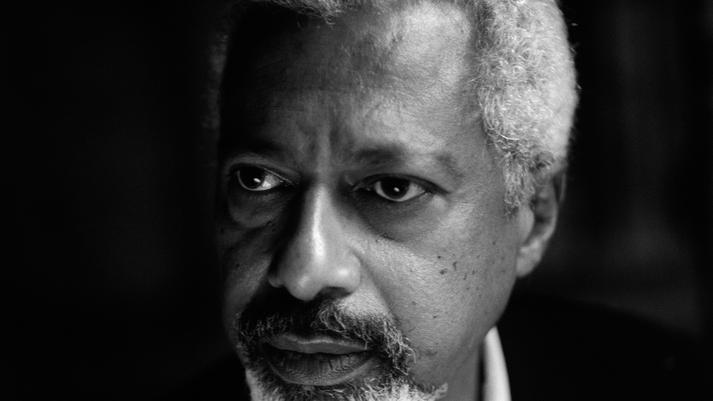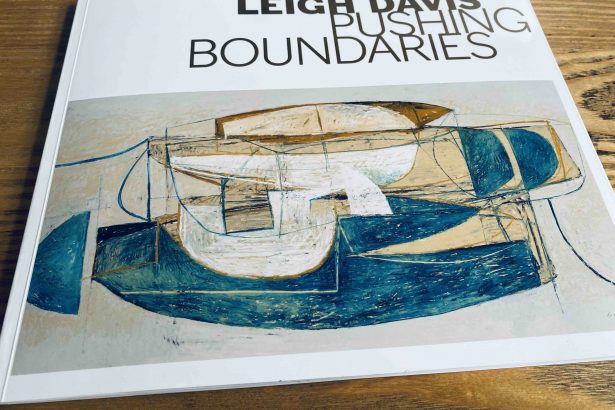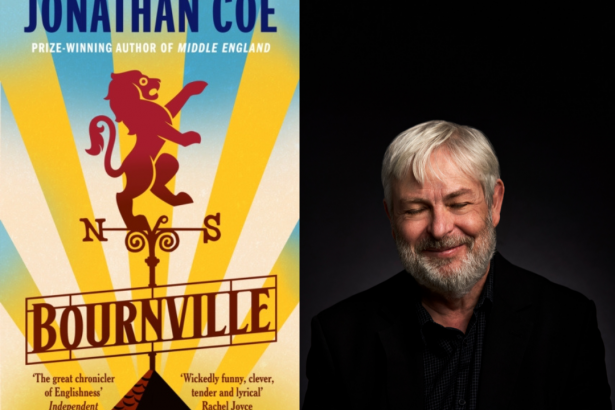It barely seems believable in our 21st-century, always-connected culture, but when Abdulrazak Gurnah’s mother died, the Zanzibar-born, Booker Prize-shortlisted author did not find it out for days. By the time someone was able to get hold of him, she had already been buried and the ceremonies completed, in accordance with the Islamic custom.
“It felt dramatically wrong,” he says. “I should have been available to return to Zanzibar, to grieve properly. But this was a time before mobile phones, I was away in England somewhere, so until I got home nobody could tell me.”
These feelings eventually percolated into Gravel Heart, Gurnah’s latest novel which, like many of his previous eight books, explores the immigrant experience, cultural identity and disparate families.
It’s interesting that it has taken so long for this painful period in Gurnah’s life – “many years ago” is as specific as he cares to get as to the exact date of his mother’s death – to come into sharper focus, even though the similar way in which the protagonist and narrator of the story, Salim, learns of his mother’s death is actually only a small moment in a novel based around a destructive family secret.
“That’s how writing novels works,” says Gurnah with a laugh. “Sometimes it takes a long time for ideas to reach maturity. I started writing Paradise – my novel that was shortlisted for the Booker – 10 years before it was published. In the meantime I’d published three other books. Gravel Heart began as a short story about a mother’s death and then I realised there was more to explore, turn over in my mind.
“The point is that I’m not writing about myself.”
There are certain similarities, however, between the author and his character. Like Gurnah, Salim arrives in London from Zanzibar as a teenager, weighed down by alienation, hostility and loneliness.
But Gurnah’s experiences fed into an empathy for Salim’s feelings, rather than inspiring specific plot lines. In Gravel Heart, Salim’s father has become a dishevelled recluse, his mother increasingly elusive as she spends time with a powerful man in the government. His uncle offers him a seemingly glamorous escape route from 1970s Zanzibar, but Salim can’t shake a sense of the shame, guilt and confusion in both his home country and London.
“He grows up feeling there is something he should be ashamed of, but not knowing what it is,” says the 68-year-old author from his home in Canterbury. “I think a lot of families understand there’s an insecurity that comes out of living with unexplained issues, which you don’t dare talk about.
“He knows something bad has happened, which is the source of his tentativeness, but he does try to act in good faith and get on with his life.”
In the end, Salim discovers the terrible secret, but the ending of Gravel Heart isn’t so much about this revelation – it is about what Salim should do next.
Should he stay in Zanzibar or return to what he has started in London?
“People who have been on a journey of dislocation understand that dilemma,” says Gurnah. “And I certainly know from my experience that the question of ‘where should I be’ is one that is returned to again and again at moments of crisis.”
Where indeed. The characters in Gravel Heart end up in places as diverse as Kuala Lumpur, Brighton and Dubai, with Gurnah keen to emphasise the historical links between the Indian Ocean island and the Gulf region.
It is all part of his strong argument for the global power of writing and storytelling, as you might expect from a professor of English. Although some readers might initially find the prose rather unsentimental – plain, even – this is a deliberate ploy: not only does the writing style amplify the pent-up sense of reserve Salim feels, but it also makes the letters to his mother – sent and unsent – a much more painful and powerful evocation of his internal feelings.
“That’s it,” says Gurnah. “When you talk to someone in a cafe, they’re probably not going to tell you about things that are slightly tinged with shame.
“The level at which we relate to even very good friends usually doesn’t leave room for unloading anxieties upon them.
“So – and this connects with living in a place that is not your home – you keep your stories, the slightly miserable background of your life to yourself. And letters offer the chance for that imagined conversation you wish you could have.”
Thus is a neat way to sum up Abdulrazak Gurnah’s relationship to novels, reading and his readership: engaging conversations about life both real and imagined.
“There’s a natural way in which we learn from each other and you can do that in a novel,” he says.
“I want to entertain people, but I also want to advance the way we all understand things – just one little inch forward with each book.”


